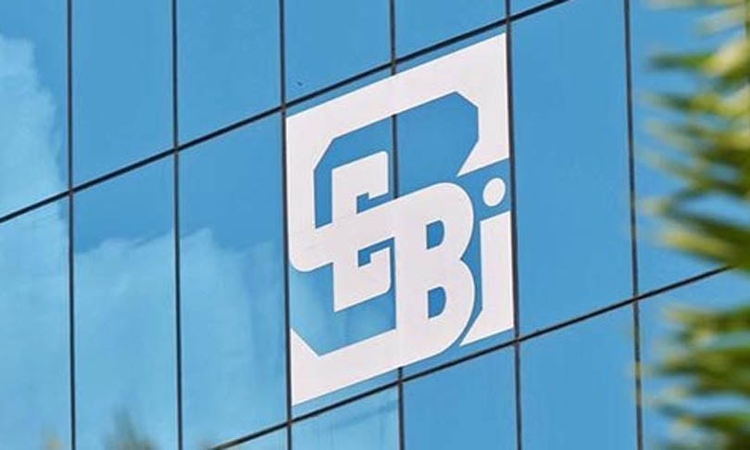Supreme Court Stays SAT Order Setting Aside SEBI Penalty On SBI, Bank Of Baroda, LIC In UTI AMC Case
Srishti Ojha
20 Feb 2021 12:55 PM IST

Next Story
20 Feb 2021 12:55 PM IST
The Supreme Court on Friday directed a stay on the order of Securities Appellate Tribunal whereby it set aside market regulator SEBI's order imposing fine of 10 lakh each on State Bank of India, Bank of Baroda and LIC for failing to reduce their stakes to below 10% in UTI Asset Management Company.A division Bench of Justice Nageswara Rao and Justice Ravindra Bhat have also issued...
